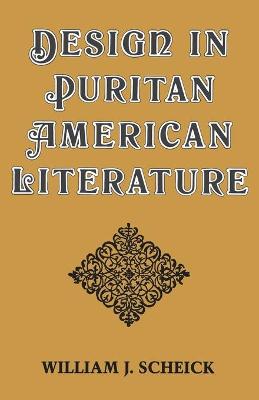Puritan American writers faced a dilemma: they had an obligation to use language as a celebration of divine artistry, but they could not allow their writing to become an iconic graven image of authorial self-idolatry. In this study William Scheick explores one way in which William Bradford, Nathaniel Ward, Anne Bradstreet, Urian Oakes, Edward Taylor, and Jonathan Edwards mediated these conflicting imperatives. They did so, he argues, by creating moments in their works when they and their audience could hesitate and contemplate the central paradox of language: its capacity to intimate both concealed authorial pride and latent deific design. These ambiguous occasions served Puritan writers as places where the threat of divine wrath and the promise of divine mercy intersected in unresolved tension. By the nineteenth century the heritage of this Christlike mingling of temporal connotation and eternal denotation had mutated. A peculiar late eighteenth-century narrative by Nathan Fiske and a short story by Edward Bellamy both suggest that the binary nature of language exploited by their Puritan ancestors was still a vital authorial concern; but neither of these writers affirms the presence of an eternal denotative signification hidden within the conflicting historical contexts of their apparently allegorical language. For them, appreciation of the mystery of a divine revelation possibly concealed in words yielded to puzzlement over language itself, specifically over the inadequacy of language to signify more than its own instability of design. This book is a tightly focused study of an important aspect of Puritan American writers' use of language by one of the leading scholars in the field of early American literature.
- ISBN10 0813154243
- ISBN13 9780813154244
- Publish Date 15 July 2014 (first published 1 May 1992)
- Publish Status Active
- Publish Country US
- Imprint The University Press of Kentucky
- Format Paperback
- Pages 176
- Language English
